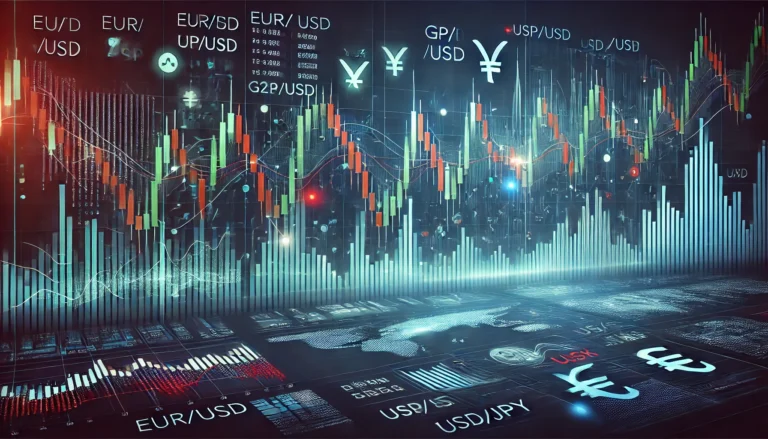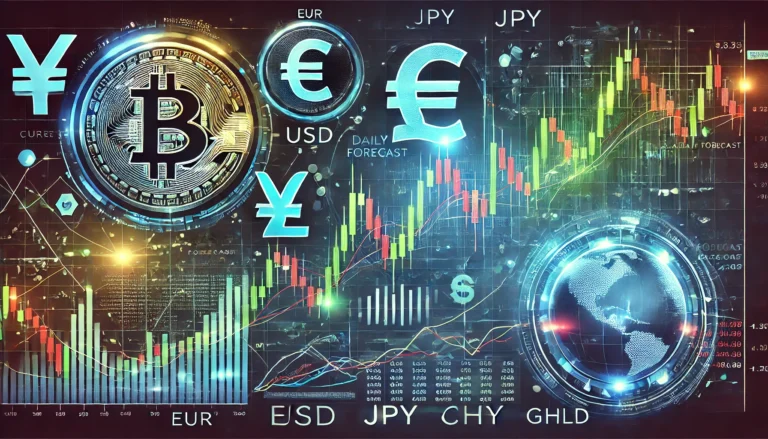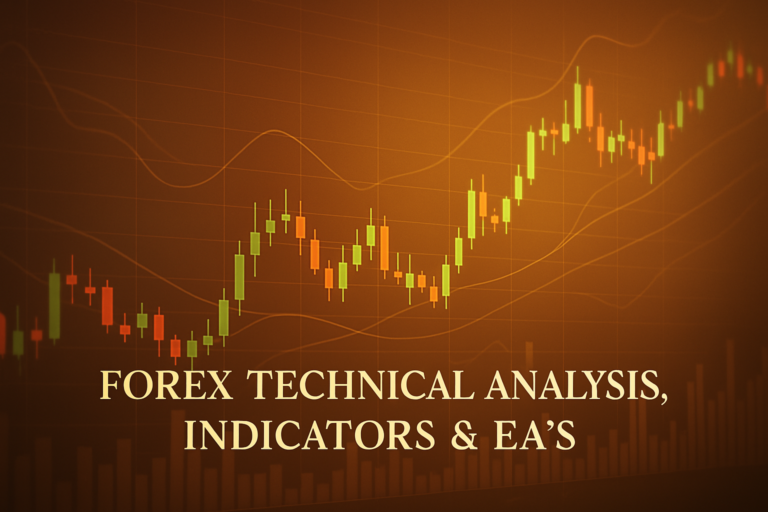
Is Forex trading halal or haram? Discover the nuances and make informed trading decisions today!
In the world of finance, many people ask, “Is Forex trading halal or haram?” This question is significant, especially for Muslim traders. They want to ensure that their trading practices align with their faith. The answer can greatly impact how they approach trading and their overall mindset towards it.
Both beginners and experienced traders often struggle with understanding whether Forex trading is permissible in Islam. The confusion arises due to various factors, including interest (riba) and speculation. Understanding this issue is crucial, as it helps traders make informed decisions and avoid potential pitfalls in their trading journeys.
For those looking to dive deeper into the world of Forex, some helpful currency trading tips can guide you on your path to success.
Understanding the Is Forex Trading Halal or Haram
To understand whether Forex trading is halal or haram, we must first define the issue. Halal means permissible in Islam, while haram means forbidden. Forex trading involves buying and selling currencies, and it can sometimes involve interest, which is a concern in Islamic finance.
This confusion often arises from terms like “leverage” and “swap rates.” For example, when trading, a trader might hold a position overnight, leading to a swap fee. This is where many Muslims feel conflicted about whether they are engaging in an interest-based transaction.
Pro’s and Con’s for Is Forex Trading Halal or Haram
When considering whether Forex trading is halal or haram, it’s essential to weigh the pros and cons. Here’s a breakdown:
Pros:
- Accessibility: Forex trading is accessible to anyone with an internet connection. This means even small traders can participate.
- Profit Potential: With proper strategy, traders can potentially earn significant profits.
- Diverse Options: Traders can choose from a variety of currency pairs, allowing them to diversify their portfolios.
Cons:
- Interest Charges: As mentioned, overnight positions can incur interest fees, which can be problematic for Muslim traders.
- Market Volatility: The Forex market can be unpredictable, leading to potential losses.
- Risk of Speculation: Many view Forex trading as a form of gambling, which is forbidden in Islam.
To mitigate these issues, traders can adopt certain best practices. For instance, they might choose brokers that offer Islamic accounts, which do not charge or pay interest. Additionally, having a solid strategy in place can help avoid speculative trading.
For those interested in further insights, check out this helpful guide on fx currency trading for essential tips.
Frequently Asked Questions
1. Can Forex trading be considered gambling?
Forex trading can sometimes resemble gambling due to its speculative nature. However, many traders use strategies and analysis to make informed decisions, differentiating it from pure gambling.
2. What is an Islamic Forex account?
An Islamic Forex account is designed for Muslim traders. It does not involve interest fees (swaps) and adheres to Sharia law.
3. How can I ensure my Forex trading is halal?
To ensure your trading is halal, consider using an Islamic account and avoid trades that involve interest or excessive speculation. Educate yourself on Islamic finance principles.
4. Is Forex trading profitable?
Yes, many traders find Forex trading profitable, but it requires knowledge, strategy, and risk management. Not every trader will succeed, so it’s crucial to continuously learn and adapt.
5. What are the risks involved in Forex trading?
Risks include market volatility, potential losses, and the emotional toll of trading decisions. Understanding these risks is essential for successful trading.
6. Do I need to be an expert to start trading Forex?
No, you don’t need to be an expert to start. Many traders begin as beginners and learn over time. Using resources and guides can help you grow your skills.
7. What strategies can help in Forex trading?
Strategies can include technical analysis, fundamental analysis, and risk management techniques. Each trader may find different strategies that work best for them.
Conclusion
In summary, understanding whether Forex trading is halal or haram is essential for traders, especially Muslims. It requires careful consideration of trading practices and the impact of interest. By staying informed and applying best practices, traders can navigate this complex issue and improve their strategies.
Staying informed and continuously improving your trading strategies is key to navigating the complexities of Forex trading. Keep learning and adapt your approach!
Recommended Next Steps
To further explore the topic of Forex trading and its permissibility, consider the following steps:
- Research Islamic finance principles and how they apply to trading.
- Look into brokers that offer Islamic Forex accounts.
- Join online forums and communities to discuss and share experiences.
- Educate yourself on effective trading strategies.
By taking these steps, you can build a foundation for successful and ethical Forex trading.
To explore the topic from another angle, refer to this informative source Bloomberg, FX Empire
Expand Your Knowledge
- 📌 Forex Trading Learning Road Map
- 📌 Forex Trading Course with no Fees
- 📌 Forex Trading Issues, Problems, and Solutions
- 📌 Forex Daily Forecast & Live Updates
- 📌 Forex Fundamental & News Analysis: Tomorrow’s Market Movers & Trade Opportunities
- 📌 Forex Education Hub: Learn & Profit
- 📌 Forex Technical Analysis, Indicators & EA’s
Start Trading Today
Ready to take your forex trading to the next level? Open an account with Exness, one of the most trusted platforms in the industry. 👉 Sign Up Now and trade with confidence!
My recommended broker stands out with ultra-low spreads for beginners, instant withdrawals, and zero spread accounts for pro traders.
Trusted since 2008, lightning-fast execution, no hidden fees, and a secure, transparent trading environment—giving you the edge you need to succeed. 🚀
Watch this helpful video to better understand is forex trading halal or haram:
In this YouTube video, the host discusses the permissibility of Forex trading from an Islamic perspective, addressing a common question among viewers. The video explains that Forex involves exchanging currencies, which is generally permissible if done correctly. The Islamic rules governing currency exchange state that if the currencies are the same (e.g., dollar for dollar), they must be exchanged on the spot and one-to-one. For different currencies, the exchange must also be done on the spot. However, the host highlights that many contemporary forms of Forex trading, such as derivatives and retail Forex trading through contracts for difference (CFDs), do not adhere to these principles. Instead of actual ownership of currencies, traders are essentially betting on price movements without real transactions taking place. This speculative nature of Forex trading is likened to gambling, as traders are not genuinely participating in a market but are instead engaging in a game of chance, where the odds are stacked against them.
Furthermore, the video emphasizes that platforms and brokers involved in Forex trading often profit from the losses of individual traders, creating a scenario where the majority of traders end up losing money. The host warns against the allure of get-rich-quick schemes associated with Forex trading, suggesting that these promises are misleading. Instead of pursuing speculative trading, the video advocates for individuals to invest their time in acquiring real skills that contribute positively to society. For those interested in more in-depth financial education from an Islamic perspective, the host encourages viewers to explore their new platform, Muslim Money Matters, for valuable insights. As a side note, traders often face challenges with their brokers, such as the Broker preventing stop-loss adjustments on open trades, which can further complicate their trading experience. Overall, the video serves as a cautionary overview of Forex trading and its implications for those seeking to align their financial activities with Islamic principles.
YouTube Video Library: Related Videos
Is Forex Trading Halal in Islam? | Assim Al Hakeem | Islamic Lectures
Is Forex Trading Halal or Haram I #forex #halal #islam #lecture #assimalhakeem
Why is FOREX TRADING considered HARAM? | IFG #shorts
Is Forex Trading Halal or Haram? An Islamic Perspective on Forex Trading – Dr Zakir Naik Explains.
Is Forex Trading halal? #Assim #hijab #quran #sunnah #hadees #hadith #allah #halal assim al hakeem
Binary Trading Halal or Haram? Trading Strategy part 12 | RSSD Community
Is Forex trading halal or haram? #shorts #english
Note: The video above is embedded from YouTube and is the property of its original creator. We do not own or take responsibility for the content or opinions expressed in the video.




